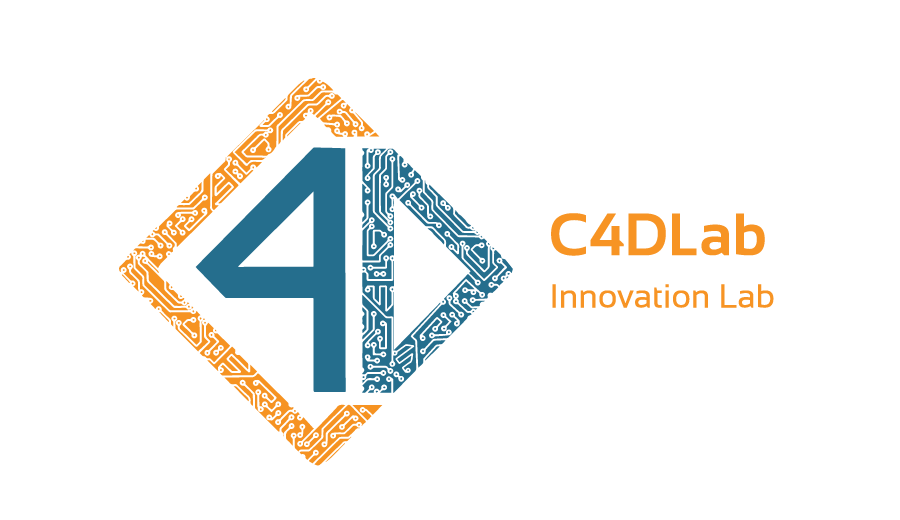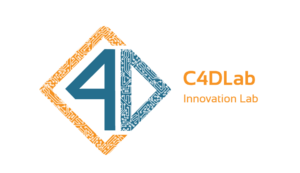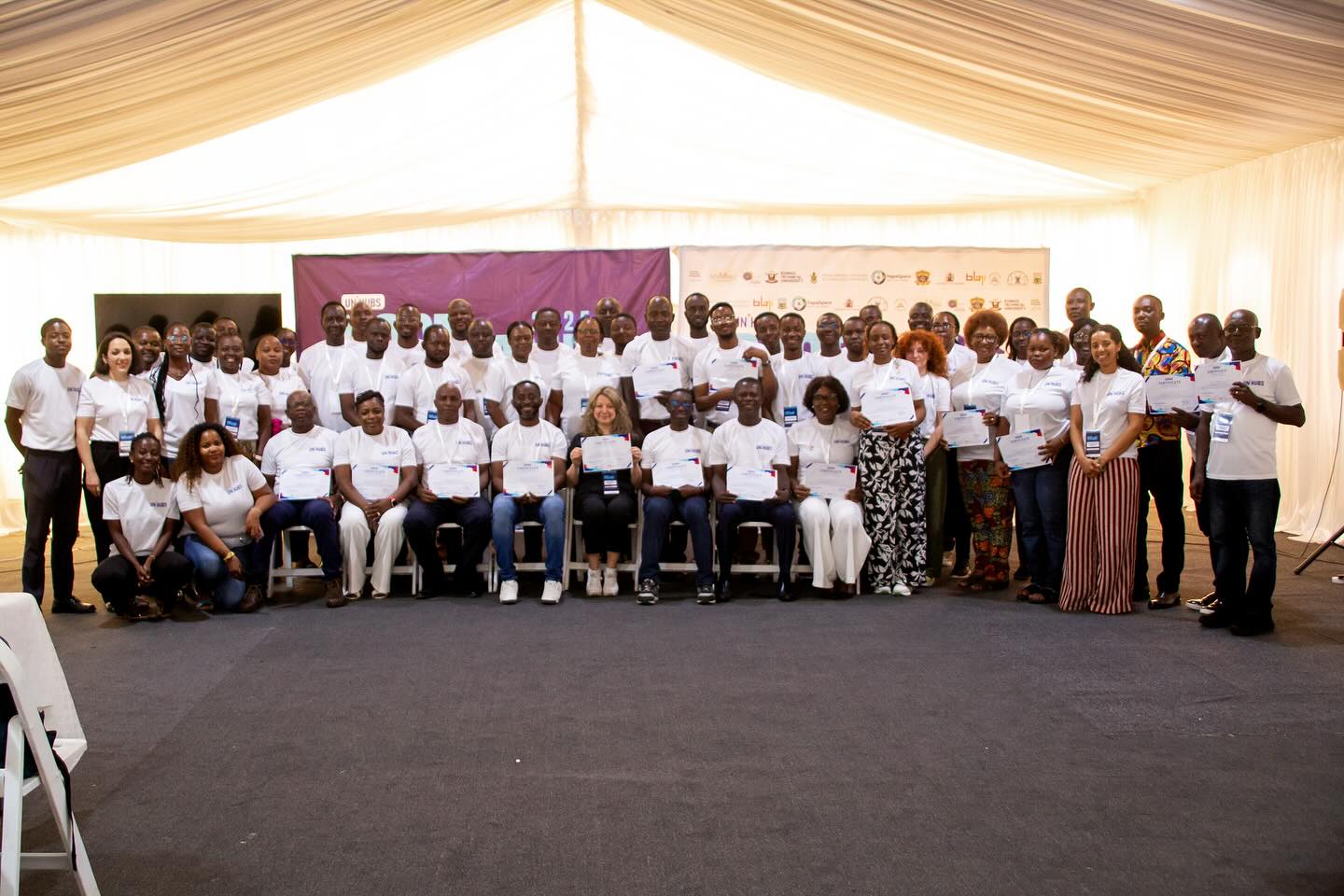Kumasi was the place to be on March 18th and 19th, 2025! The UNIHUBS Design Thinking Bootcamp brought together academics, students, and digital professionals to bridge the gap between education and the fast-moving world of digital innovation. It was two days packed with brainstorming and teamwork, all focused on tackling real-world challenges.
Prof. Elisha Abade and Mr. Charles Katua represented the C4DLab at this event. The bootcamp kicked off with key research findings from UNIHUBS, revealing the main roadblocks to sharing knowledge, building skills, and aligning university courses with industry needs.
On the first day, attendees jumped right into an intense session to come up with new ideas. Mixed groups brainstormed ways to approach the challenges, resulting in many practical ideas.
Day two was all about building. The collaborative spirit continued as teams developed working models for the UNIHUBS framework. They focused on ways to easily share knowledge, improve digital skills, and integrate market demands into what’s taught in schools. The bootcamp wrapped up with presentations, where groups received helpful feedback from both peers and facilitators, which helped them improve their solutions.
The UNIHUBS Design Thinking Bootcamp in Kumasi was a real success, sparking teamwork and creating concrete ideas for a successful digital innovation scene. Participants left with fresh ideas and certificates in hand, knowing they played a role in shaping the future.
About UNIHUBS
The UNIHUBS initiative brings together a diverse consortium of academic institutions and innovation hubs across Europe and Africa. European partners like Erasmus University Rotterdam contribute their academic excellence and research expertise, while Stimmuli For Social Change plays a key role in project implementation, evaluation, and developing training resources. The University of Macedonia adds its strength in economic and social sciences, focusing on innovation and entrepreneurship.
In Ghana, Kumasi Technical University, Kwame Nkrumah University of Science & Technology, and innovation hub Hapa Space provide valuable local context and expertise in technical education and the startup ecosystem.
East African partners include Kibabii University and the University of Nairobi’s C4DLab in Kenya, alongside Tanzania’s BUNI Innovation Hub, Iringa University College of Trust (with its CEI and Kiota Hub), and Mbeya University of Science & Technology, all contributing to the project’s reach and impact in the region, focusing on innovation, technology, and entrepreneurship. Finally, the University of Mines and Technology in Ghana offers specialized knowledge in the mining and technology sectors, enriching the partnership’s diverse capabilities. Sources and related content


